Choosing the Right Manufacturer for Laser Cutting Silicone Rubber: Essential Tips and Industry Insights
In the rapidly evolving world of manufacturing, the demand for precision and high-quality materials has made laser cutting silicone rubber a vital process across various industries. Choosing the right manufacturer for this specialized service can greatly impact the final product's quality, durability, and functionality. With the unique properties of silicone rubber, such as its flexibility, resistance to extreme temperatures, and non-toxicity, it’s crucial to partner with a manufacturer that not only understands the technical intricacies of laser cutting but also possesses the experience and capabilities to meet specific project requirements.
As businesses strive to innovate and meet consumer demands, the selection of a competent manufacturer becomes even more critical. This blog will provide essential tips and industry insights to help you navigate the complexities of choosing the right manufacturer for laser cutting silicone rubber. By understanding the key factors to consider, you will be equipped to make informed decisions that enhance your production processes and deliver superior products to your customers. Join us as we delve into the vital considerations that can lead to successful partnerships in this specialized field.
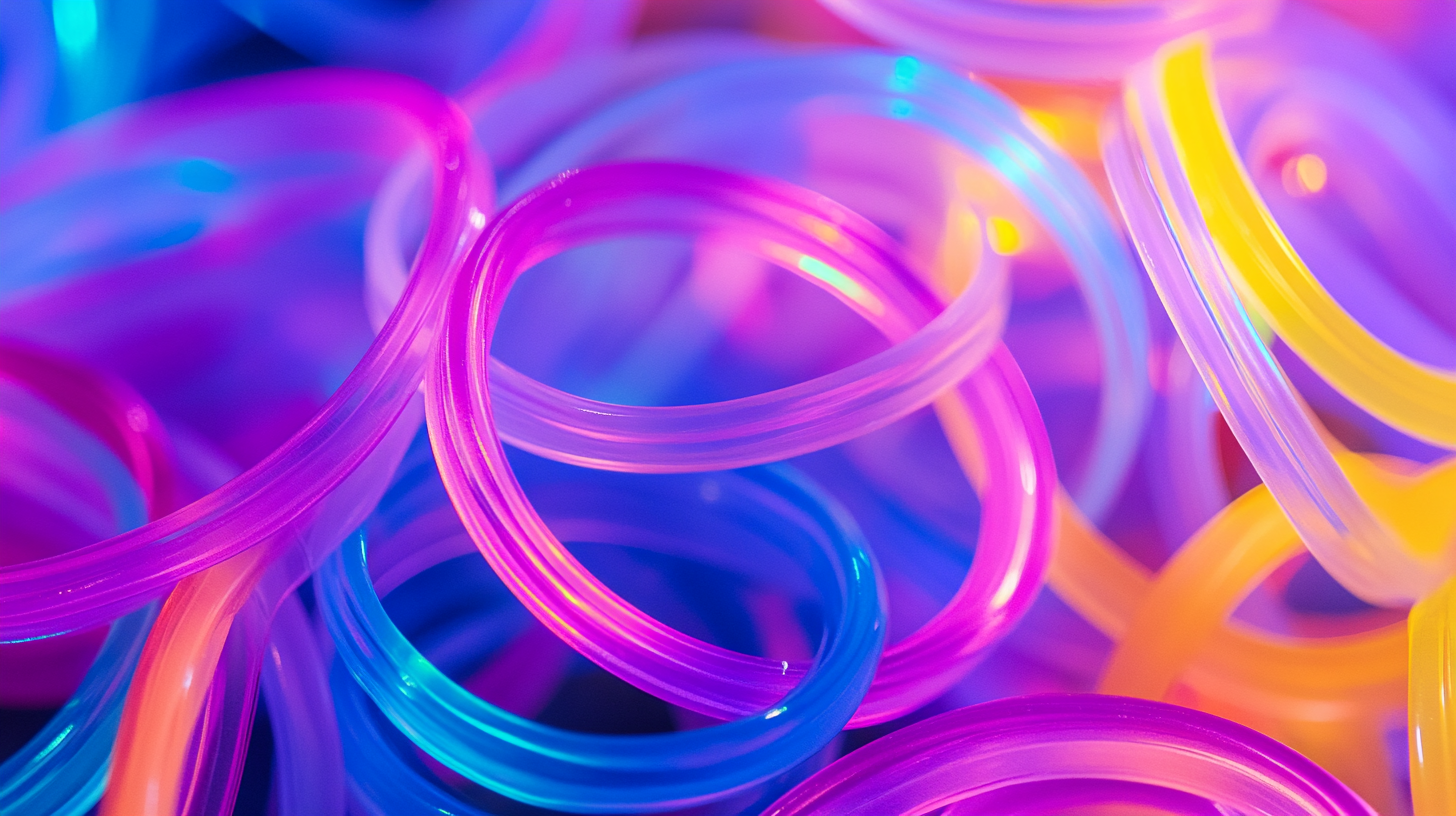
Understanding the Unique Properties of Silicone Rubber for Laser Cutting Applications
When it comes to laser cutting silicone rubber, understanding its unique properties is crucial for selecting the right manufacturer. Silicone rubber is known for its durability, flexibility, and resistance to extreme temperatures, making it an ideal material for a variety of applications, from automotive components to medical devices. According to a report by Research and Markets, the global silicone rubber market is expected to reach $10.5 billion by 2025, indicating a growing demand for precision cutting techniques that highlight its advantages. The unique chemical structure of silicone rubber provides it with superior thermal stability and excellent weather resistance. This allows it to maintain its integrity in environments where other materials might fail. An industry study published in the Journal of Materials Science highlighted that silicone rubber can withstand temperatures ranging from -60°C to 230°C without significant degradation. This property is essential when manufacturers require intricate designs that need to perform reliably under varying conditions. Moreover, laser cutting offers precision that is hard to achieve with traditional cutting methods. The focused beam of the laser creates clean cuts with minimal material wastage, which is particularly beneficial given the higher cost of silicone rubber compared to other materials. Industry experts suggest that when selecting a manufacturer, it is essential to ensure they are equipped with technology capable of optimizing the cut quality, as well as experience in handling the nuances of silicone rubber. By understanding these unique properties and choosing the right partner, businesses can achieve superior results in their laser cutting applications.
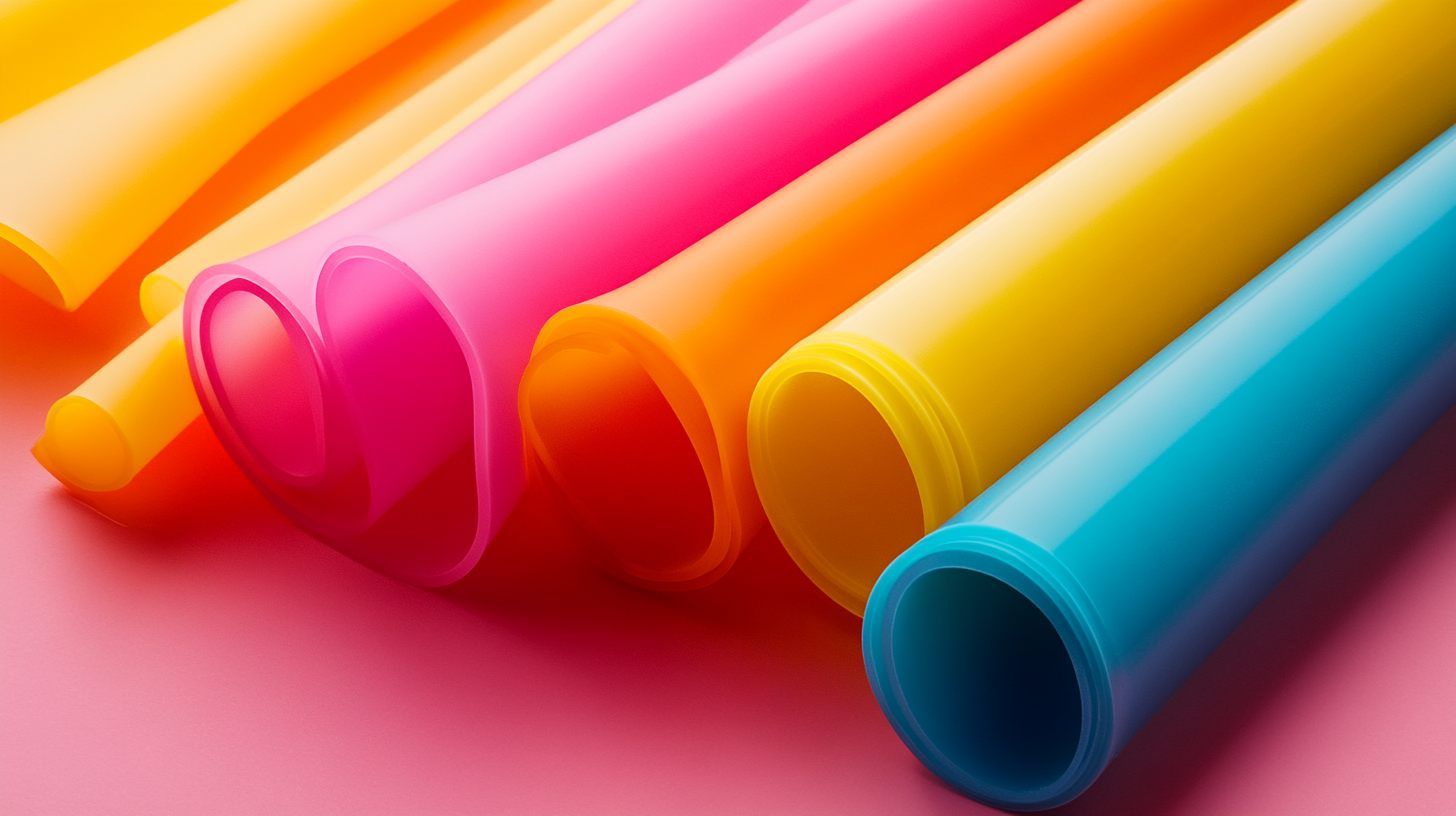
Key Factors to Evaluate When Selecting a Laser Cutting Manufacturer
When selecting a laser cutting manufacturer for silicone rubber, several key factors must be considered to ensure you partner with a capable and reliable provider. First, evaluating the manufacturer's equipment is crucial. Advanced laser cutting machines with high precision ratings, such as those utilizing CO2 lasers, are known to achieve up to ±0.1 mm accuracy, which is essential for intricate designs. Reports indicate that precision in laser cutting can significantly enhance product quality and reduce post-processing needs, thereby improving lead times and overall efficiency.
Another important consideration is the manufacturer's experience and expertise within the silicone rubber industry. Data from a recent industry survey revealed that manufacturers with over five years of experience in laser cutting silicone rubber reported a 30% higher customer satisfaction rate compared to less experienced providers. This experience typically translates to better problem-solving capabilities and a deeper understanding of material characteristics, which are vital when tackling complex projects.
Furthermore, assessing the manufacturer's compliance with industry standards and certifications cannot be overlooked. ISO 9001 certification is a hallmark of quality management systems that many leading manufacturers hold. This standard ensures that manufacturers consistently provide products that meet customer and regulatory requirements. A manufacturer’s commitment to quality assurance can greatly affect product reliability and performance, making it an essential factor in your selection process.
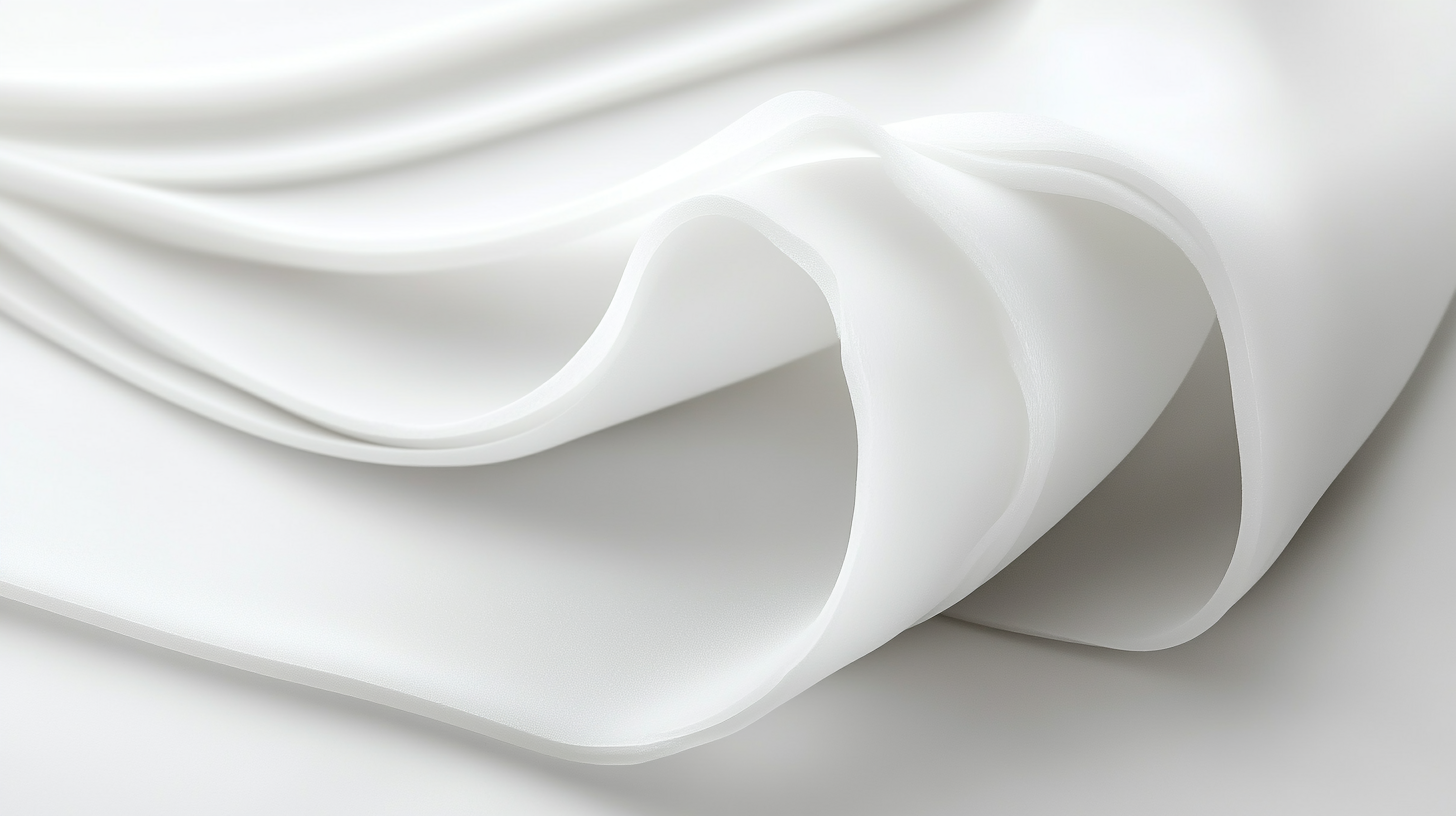
Importance of Advanced Technology and Equipment in Laser Cutting
When considering laser cutting for silicone rubber, the significance of advanced technology and equipment cannot be overstated. The precision and quality achieved in the final product are largely determined by the tools utilized in the manufacturing process. Modern laser cutting machines equipped with advanced software can offer superior accuracy, allowing for intricate designs that were once deemed impossible. This capability not only enhances the aesthetic appeal of silicone products but also ensures that even the most detailed specifications are met without compromising the material's integrity.
Moreover, the type of laser technology employed—whether CO2 or fiber—can greatly influence the efficiency and effectiveness of the cutting process. CO2 lasers, for instance, are favored for their ability to seamlessly cut through thicker materials with minimal heat-affected zones, preserving the silicone's physical properties. On the other hand, fiber lasers provide faster cutting speeds and reduced operational costs, making them an attractive option for manufacturers aiming for high throughput.
Investing in the right equipment not only improves production rates but also strengthens a manufacturer's competitive edge in the saturated market of silicone rubber products. With the rapid advancements in laser cutting technologies, staying updated with the latest innovations becomes essential for manufacturers who want to deliver high-quality, customized solutions. Enhanced technology leads to improved reliability and consistency in production, making it a vital component in building long-term client relationships and ensuring customer satisfaction.
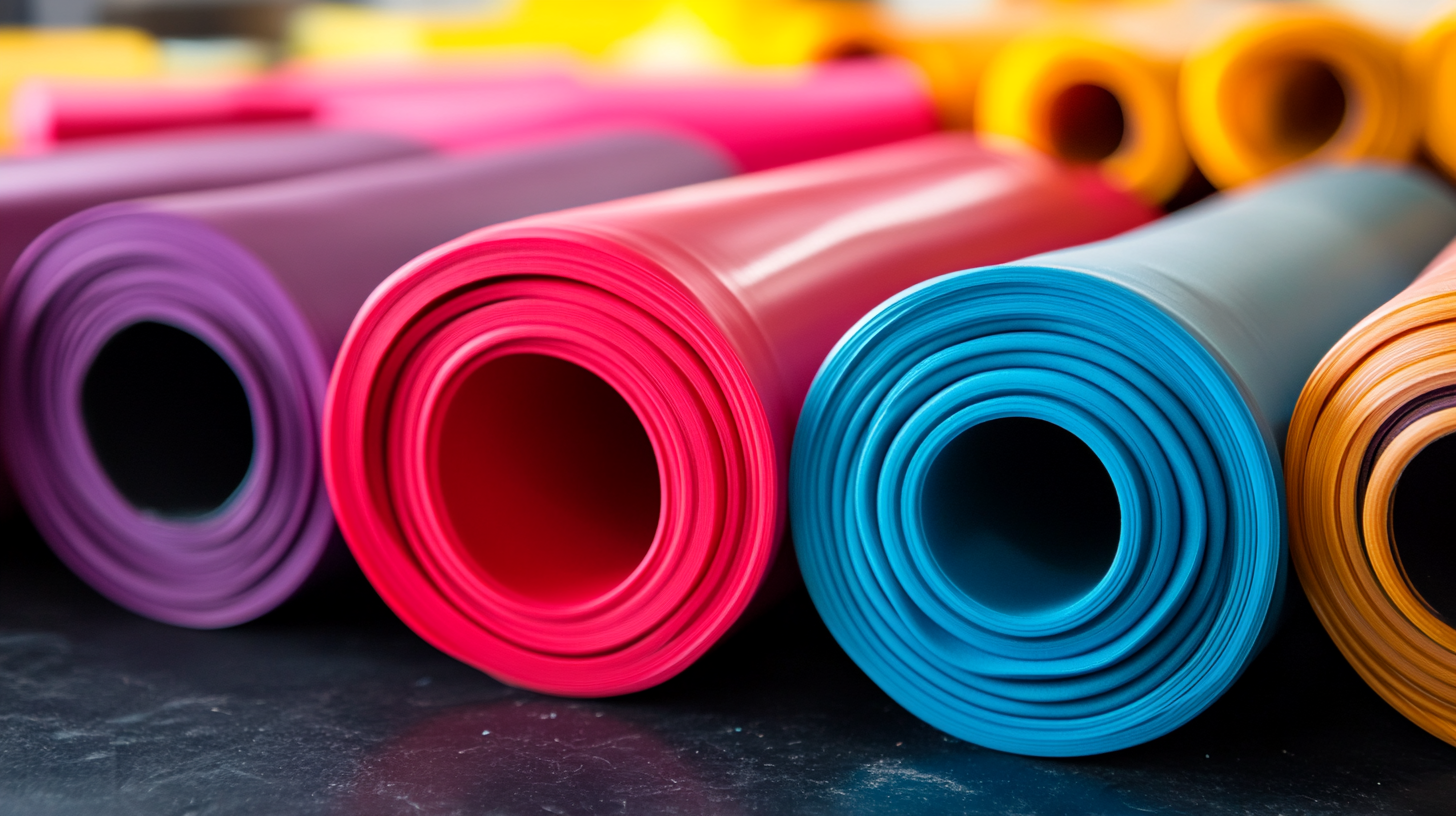
Assessing Manufacturer Expertise and Industry Experience
When selecting a manufacturer for laser cutting silicone rubber, assessing the expertise and industry experience of potential partners is crucial. A manufacturer’s proficiency in handling silicone rubber, especially with laser technology, directly impacts the quality and precision of the final product. Companies with a proven track record often possess specialized knowledge about the material’s properties, enabling them to optimize cutting parameters and avoid common pitfalls. Look for manufacturers with certifications or memberships in relevant industry organizations, as these can serve as indicators of their commitment to maintaining high standards.
Additionally, consider the manufacturer’s experience in your specific industry. Different applications for silicone rubber, from medical devices to automotive components, require unique approaches and processing capabilities. A manufacturer well-versed in your sector is likely to understand regulatory requirements and performance standards, ensuring that your project meets necessary guidelines. Engaging with manufacturers who have previously completed similar projects can also provide peace of mind that they can deliver effective solutions tailored to your needs.
Finally, don’t overlook the importance of customer feedback and case studies. Evaluating previous work showcases a manufacturer’s versatility and problem-solving skills. A reputable manufacturer should be able to share not only their successes but also insights into challenges they have faced and how they overcame them. This level of transparency reflects a proactive approach to continuous improvement, which is essential in an ever-evolving industry.
Critical Considerations for Cost and Quality in Silicone Rubber Cutting Services
When selecting a manufacturer for laser cutting silicone rubber, cost and quality are paramount considerations. The intricacies of silicone rubber cutting services mean that various factors can significantly impact both the final product and the overall investment. Companies should delve into the specific capabilities of potential manufacturers, examining their technology and equipment. Advanced laser cutting machines can lead to tighter tolerances and cleaner cuts, which ultimately enhance the quality of the finished product.
Moreover, it is essential to evaluate the manufacturer's experience and expertise. A provider that has been entrenched in the industry is more likely to be aware of the nuances that can affect cost and quality. For instance, the sourcing of raw materials and adherence to industry standards can drive up costs initially but can result in superior outcomes that mitigate issues down the line.
In the context of a rapidly evolving technological landscape, companies must also consider the implications of external factors like tariffs and trade relationships. These variables can influence manufacturing costs and availability of materials. Therefore, conducting thorough research and developing strong partnerships with manufacturers who can navigate these challenges is crucial for ensuring both cost efficiency and high-quality results in silicone rubber cutting projects.
